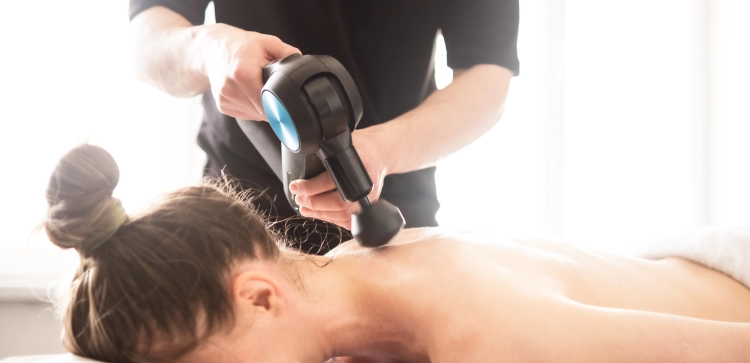




Divuni Mindfulness
It's not easy, but with the right practice and exercises, it can be done.
One exercise that I have been using that has been showing good results is mindful breathing.
Mindful breathing is just that, you are breathing mindfully. While you breathe, just follow the breath in and out, focusing on the sensation of breathing.
You can shift the focus to different areas, such as the air coming in and going out of your nostrils, focusing on the temperature of the air, if it's colder coming in and hotter going out.
You can focus on the smells, on the length of each breath, the noise your breathing makes, and on where the breath goes, how it inflates your chest and abdomen, and how breathing out deflates it.
You don't have to do this all day, but it's just as easy as remembering that you are breathing, and to start focusing on an aspect of that process. Eventually, this will become a sort of second nature, and you will find yourself doing it without telling yourself to, it will just happen.
Apply this same technique to other activities in your daily life, and you will start to notice that you are actually more mindful in your everyday life.
Being mindful in everyday life can be done by practicing mindfulness in daily activities.
This includes brushing your teeth mindfully, mindful eating, even mindful walking.
The main point is to just be aware of yourself throughout the day, and of your surroundings.
This is not an easy task, and can easily be forgotten and lost from our focus throughout the day. A great way to improve this is to choose daily activities to be mindful during, such as brushing your teeth.
The way you would go about being mindful during these activities is by focusing on what you are doing. If you are brushing your teeth, focus on each tooth being brushed and the motion of your hand and the brush, and how it feels and tastes.
If you are mindful walking, notice how each step vibrates in your body, notice when your heel hits the ground and how that make you feel. Notice the sound your heel makes when it hits the ground. Notice what you are stepping on.
Being mindful in daily tasks and daily activities is a great way to train yourself to be more mindful in everyday life, while reducing the potential for losing focus from mindfulness. This is because instead of just trying to be mindful all day, you are choosing specific times and activities to be mindful during.
You can start with one or just a few activities per day, and slowly you should see that it becomes easier and easier to stay focused and mindful, and you will naturally be able to apply this practice to other tasks and activities.
The best smelling essential oil is highly subjective, as it is very much a matter of preference, and what the use of the oil is for.
If the use of the essential oil is topical, you may not want to smell like peppermint and orange when going out, but using a few drops of peppermint oil and orange oil topically is a great way to increase your mood and relieve anxiety.
Some don't really like smelling oils, so they may prefer other, lighter, scented oils.
It really is a matter of how you intend to use the essential oil, what the purpose of the essential oil is, and your preferences in terms of scents.
Essential oil blends for anxiety are blends of oils that, when used, promote calmness.
These blends are crafted specifically for the calming effect they have on our bodies and minds, and can consist of multiple different oils, such as Lavender, Lemongrass, Cedarwood, and more.
The specific oil blends for anxiety are crafted for specific intentions, such as increased calmness of the mind, better breathing, calmer energy, mental clarity, and more.
Meditation and its results are very individual, so it's hard to say how long you have to meditate to see results.
A key guideline to keep in mind though is to not push yourself in the beginning to meditate for longer time periods. Instead, focus on having a consistent meditation practice.
A consistent meditation practice can even consist of just 5-10 minutes of meditation per day. It really doesn't have to be longer than that, especially not in the beginning.
Pushing yourself to meditate for longer can just increase the risk of burning out and stopping the practice completely.
Having a consistent meditation practice that is long-lasting, meaning, one that you will do on a regular basis as a way of life, that is short will bring many more results and have a much bigger impact than doing a few long sessions once in a long while.
Consistency is key here.






